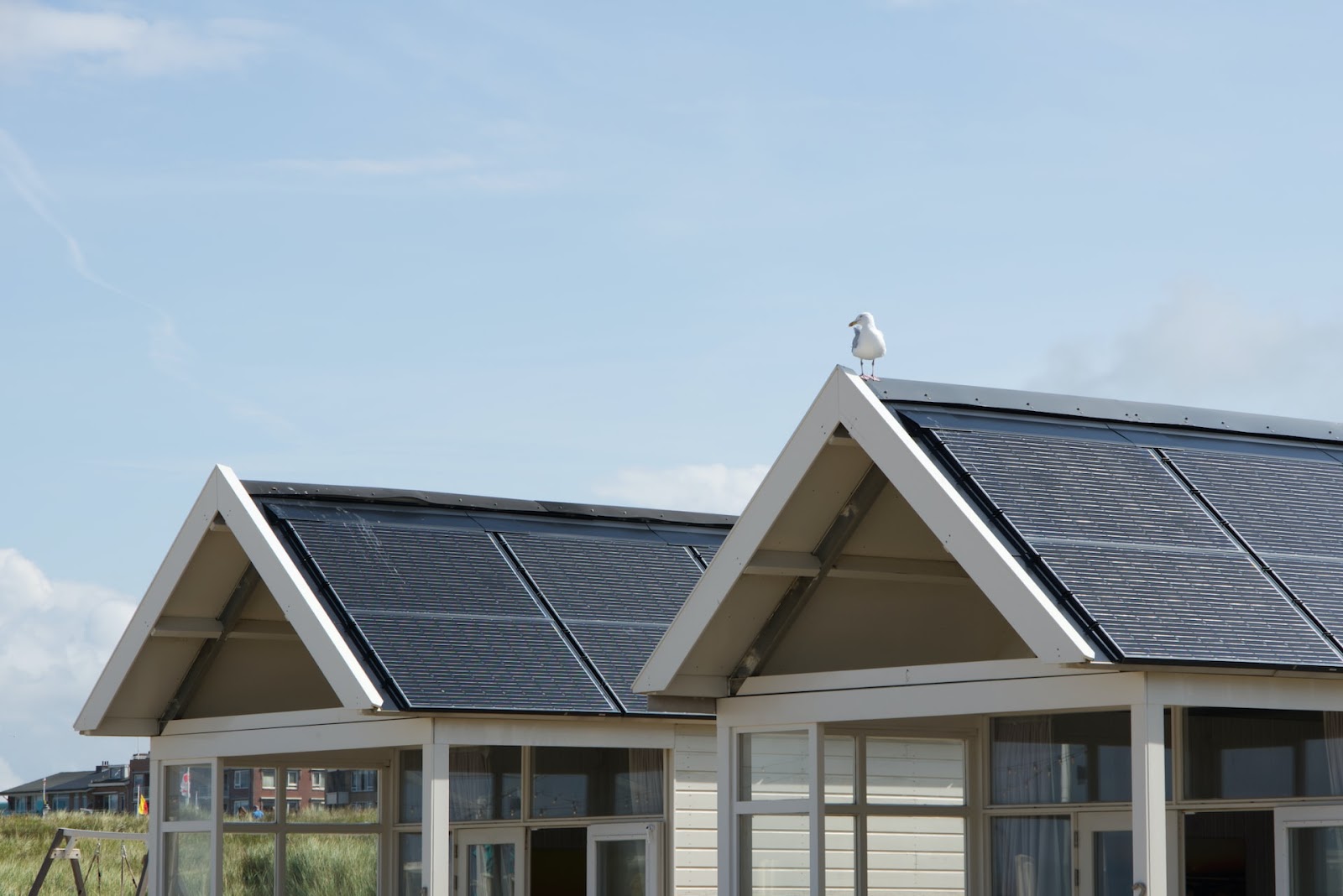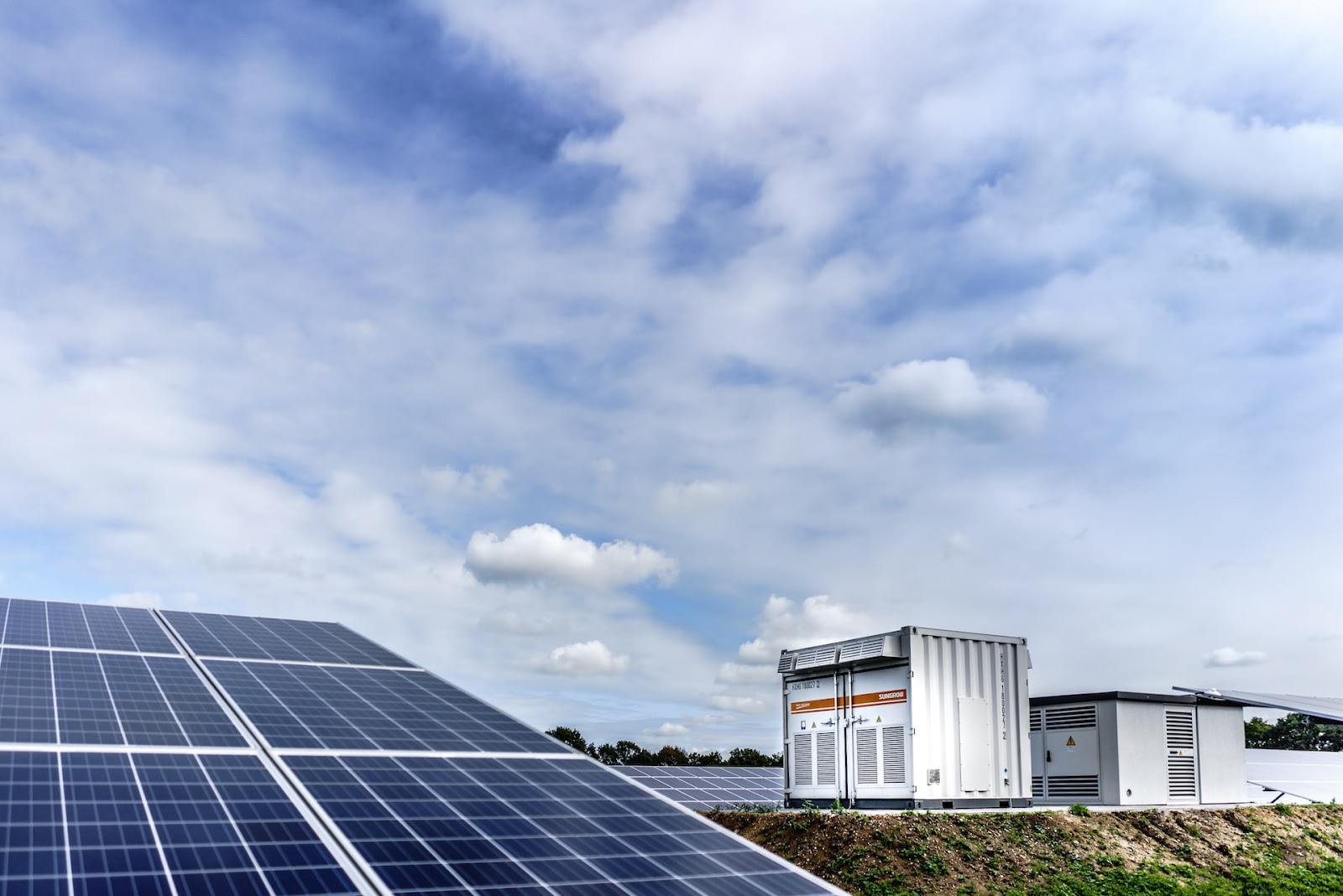
Solar energy is an excellent alternative to fossil fuels and can significantly contribute to reducing greenhouse gas emissions, combating climate change, and promoting sustainable development. This article will explore how solar energy can help to reduce greenhouse gas emissions and the vital roles of environmental consulting firms and solar installers in ensuring a successful transition to solar power.
Greenhouse Gas Emissions and Climate Change
Greenhouse gases trap heat in the Earth’s atmosphere and contribute to global warming, leading to rising sea levels, extreme weather events, and other catastrophic consequences. Fossil fuels, including coal, oil, and natural gas, are major contributors to greenhouse gas emissions. According to the International Energy Agency, energy-related carbon dioxide emissions reached a record high of 33.1 gigatons in 2019, with the power sector accounting for the majority of these emissions.
Transitioning to Renewable Energy Sources
To mitigate the impact of climate change, the world needs to shift away from fossil fuels and transition to renewable energy sources. Renewable energy sources such as solar, wind, hydropower, and geothermal energy have little or no greenhouse gas emissions and are considered a clean, sustainable alternative to fossil fuels. The International Energy Agency predicts that renewable energy sources could account for 80% of the world’s electricity production by 2050, leading to a significant reduction in greenhouse gas emissions.
The Benefits of Solar Energy
Solar energy is one of the most promising renewable energy sources as it is abundant, free, and has a minimal environmental impact. Solar energy production emits zero greenhouse gases, making it a clean energy source that does not contribute to climate change. Moreover, solar power can help reduce dependence on fossil fuels, which are major contributors to climate change and air and water pollution.

Solar energy is also becoming more affordable, with the cost of solar panels falling by over 80% since 2010, according to the International Renewable Energy Agency. This reduction in cost has made solar energy more accessible to individuals and organizations, and as the cost continues to decline, solar energy will become even more competitive with fossil fuels.
The Challenges of Solar Energy
However, the transition to solar energy is not without its challenges. One of the challenges is the high initial cost of installing solar panels, which can deter individuals and organizations from making the switch. Moreover, solar energy production is dependent on sunlight, which can be inconsistent and intermittent, requiring energy storage solutions.
The Role of Environmental Consulting Firms
This is where environmental consulting firms play a crucial role in helping individuals, businesses, and communities transition to solar energy. Environmental consulting firms have expertise in assessing the environmental impact of solar energy projects and ensuring that they are implemented in a sustainable and responsible manner. They can provide guidance on the design and installation of solar panels, energy storage solutions, and other renewable energy technologies. Additionally, they can assist with obtaining necessary permits and complying with local and national regulations.
Environmental consulting firms can also conduct energy audits to identify areas of energy waste and inefficiency in homes and businesses. By reducing energy waste and implementing energy-efficient technologies, individuals and organizations can reduce their energy bills and carbon footprint.
The Role of Solar Installers
Finding recommended solar installers near your location is an essential step toward transitioning to solar energy. You can either ask for referrals from family, friends, or neighbors, or you can simply search on Google using terms related to what you’re looking for with location. An example is solar installers Calgary.

Solar installers can help individuals and organizations with the installation and maintenance of solar panels. They can assess the energy needs of a home or business, design a solar energy system that meets those needs, and install and maintain the system to ensure its optimal performance. By working with solar installers, individuals and organizations can ensure that their solar energy systems are installed and maintained properly, maximizing their energy savings and minimizing their environmental impact.
Solar installers can also provide guidance on energy efficiency measures that can be taken alongside the installation of solar panels. By taking steps to reduce energy waste and improve energy efficiency, individuals and organizations can further reduce their energy bills and carbon footprint.
Conclusion
The transition to renewable energy sources such as solar energy is critical to reducing greenhouse gas emissions and combating climate change. Solar energy is a clean, sustainable alternative to fossil fuels, and its affordability is continuously improving, making it more accessible to individuals and organizations.
However, the transition to solar energy is not without its challenges, and this is where the roles of environmental consulting firms and solar installers become vital. They can provide expertise in assessing the environmental impact of solar energy projects, design, and installation of solar panels, energy storage solutions, and other renewable energy technologies. By working together, we can ensure a successful transition to solar energy, reducing our carbon footprint and promoting a sustainable future for generations to come.





